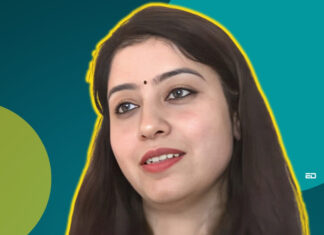Consumerism, so far as women are concerned is closely related to the beauty industry. Beauty consumerism tends to promote sexiness, and striving for the ideal beauty promotes competition and objectification of women.
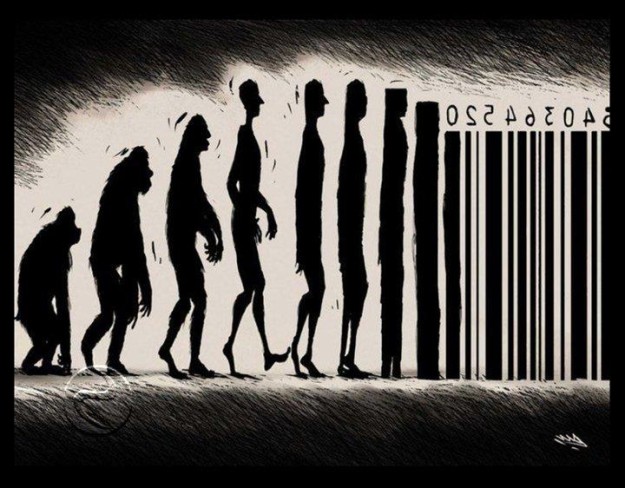
Consumer markets play with the minds of the impressionable consumers by manipulating them into thinking that their bodies are not perfect and that it needs to be altered in order to achieve acceptance and favour in the society. With capitalism, body is seen as the most profitable investment. The markets unknowingly make us willing participants in objectification of our own bodies by perpetuating through various advertisements that image is everything and hence we should constantly work towards its perfection by keeping in trend with the knowledge of the latest products in market.
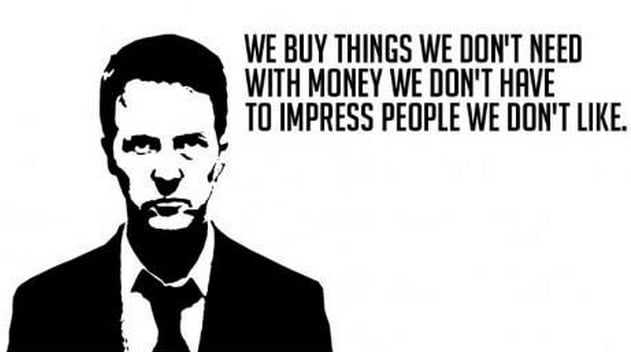
The idea that a supermodel’s figure is perfect and ideal, no matter how malnourished or weak she is, is what reigns our minds. People are willing to go to great lengths to not be themselves. This insecurity about our bodies is fed to us daily in the form of advertisements, billboards and media constantly telling us how we are supposed to look, dress and spend our money.
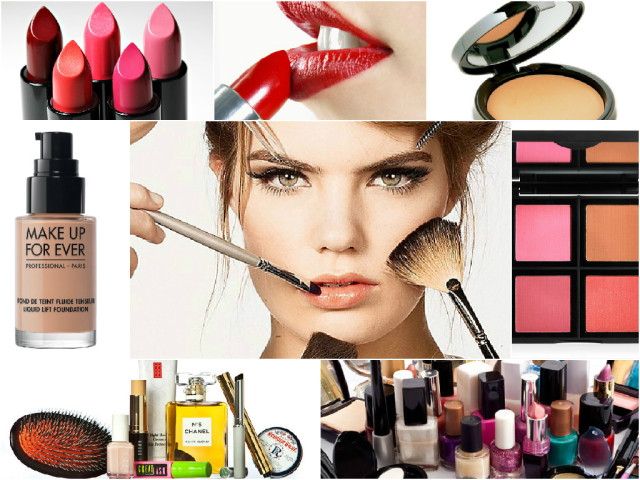
The beauty firms take disadvantage of exactly this insecurity to engage us into impulsive-buying, for example what the commercials of anti-aging creams try to convey is that growing old is not a graceful thing to experience and hence we should try everything we can to at least slow the process. The use of the cream shall make us look youthful and beautiful or else we shouldn’t feel comfortable, much else confident in our skins. The media preys upon this distorted body image technique to garner and secure maximum buyers for its products. Their strategy is to make us see the human body as an object that can be dressed differently by what is currently being dominated in society.
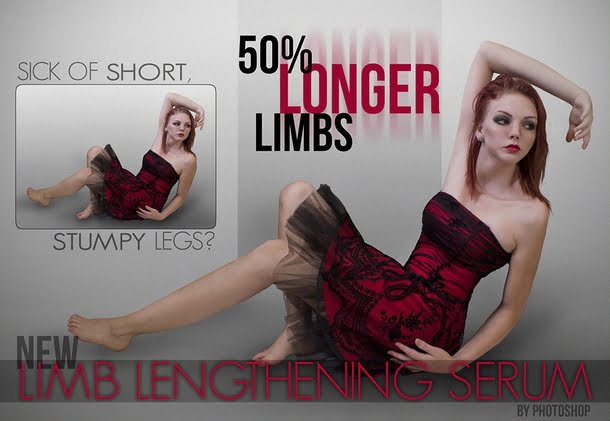
Some of these advertisements play on critical prejudices such as looking down upon the dusky skin tone. The mass popularity and rapid increase in sale of fairness creams itself proves the prevalence, acceptance and practice of prejudice against the dark skin in our society. This is because of the inherent inferiority complex in us. Inherent because history(apartheid subjugation), society(racial discrimination against Asians and Africans) and even religious books(bible condemns black as sin, while upholds white as purity) have ingrained in our heads that dark/black has negative connotations. The dominance of the white over the black is thus seen as a universal custom and any departure from it quite naturally appears to be unnatural. This inferiority complex acts as the fodder for these fairness creams.
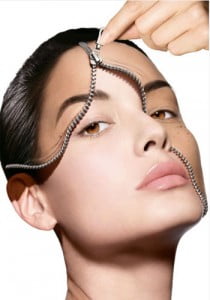
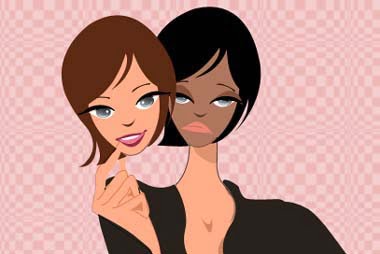
The degrading nature of the ads showing dusky girls being isolated and detested by everyone in the college; being refused job offers; being dumped by their boyfriends; being rejected for marriage proposals and later on after applying the exotic cream containing magical compounds, becoming super-white ghost-like and glowing like CFLs, are shown ogled on by everyone on the streets, their mouths escaping a ‘wow’. Suddenly, she’s the college hottie, admired by one and all, winning beauty contests, and being offered an endless number of marriage proposals.

Fair skin, in this sense automatically becomes synonymous with superiority and confidence and is meant to be looked up to, while dusky or dark skin is to be considered a disgrace. These ads are highly racial in nature and play a primary role in advocating fairness, in turn degrading the darker skin tones. These ads teach us that no matter how good we are as a person or how qualified, if we are dark-skinned, we are unfit to get married or get a decent job.
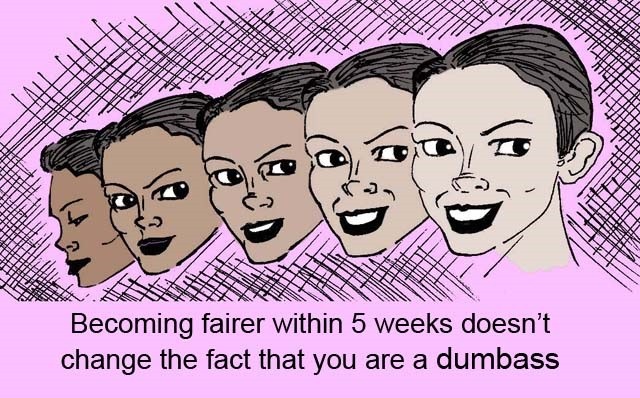
Studies have actually proven that beautiful or fairer women tend to fetch a higher salary than the plain ones. What we need to wonder about is that if a man does agree to marry us after having ‘gained’ the fairness, we don’t need to be a genius to prophecise what an awesome husband he’ll turn out to be. In order to keep the fool happy, the poor girl would have to spend half her life in the beauty parlor only, decking and painting her face and body. This concern is clearly reflected in the matrimonial ads that make demands as “Wanted a tall, fair and beautiful girl for our son”.
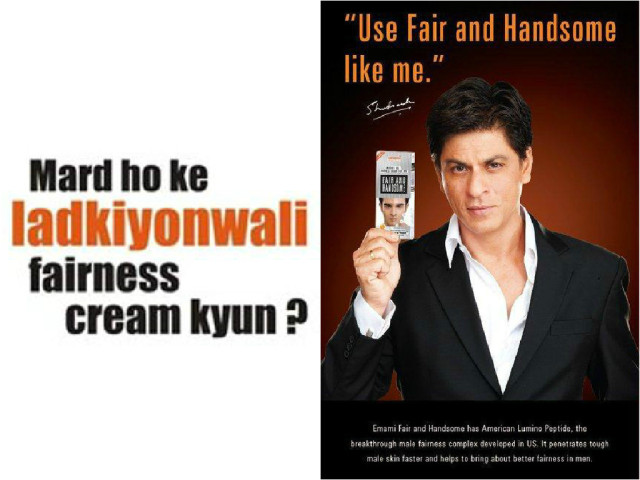
The trend of fairness and beauty has caught up with men too as a range of products especially meant for the ‘rough and tough’ skin of men are flooding the markets. Products for men have started spurting in increasingly huge numbers in the past decade, playing on the underlying theme of ‘macho-ism’. For this, celebrities’ testimonies are used in the ad to pull buyers because our love for emulation of our favourite stars is not a secret. When a Shah Rukh Khan says ‘mard hokar ladkiyoin wali fairness’, the message sent is that the use of women’s fairness cream demeans and challenges the masculinity of men. This is in a way a technique of creating competition among fellow men, wherein the profit is pocketed only by the firms. These products promise new breakthrough techniques that especially penetrate the thicker skin of men and make them more likable to the eyes(read fairer).
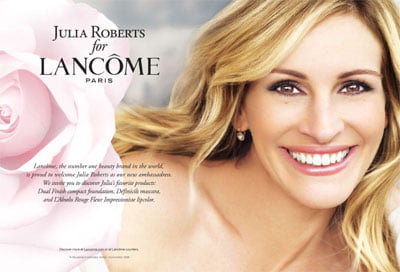
Fortunately, some of these ads have come under scanner for their promise of unrealistic results and misleading the consumers. Julia Robert’s ad for a L’Oreal foundation comes to mind wherein the ad claimed the foundation ‘recreates the aura of perfect skin’. L’Oreal had to later confess that certain ‘post production’ techniques had been used on the image of the actress to make her skin look flawless. Such ads put a pressure on women and girls who compare themselves unfavourably to the unrealistically perfect images they see in magazines and on television.
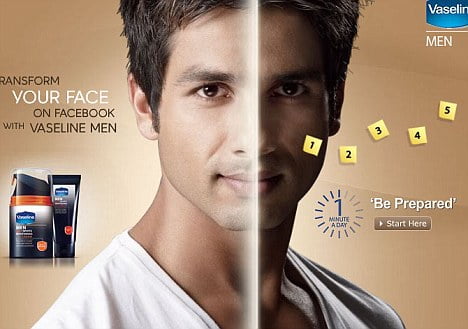
Closer home, voicing concern about this seemingly harmless but dangerous trend, Women of Worth’s(WOW) campaign called ‘Dark is Beautiful’ has petitioned Emami, the makers of Fair and Handsome cream for men, and actor Shah Rukh Khan to stop running ads for the product. The campaign has found a supporter in Nandita Das.

Below is a parody video of the stereotypical cosmetics ads that we come across everyday telling how we can transform from ‘before’ to ‘after’ with the application of their 100%-result-guaranteed products. The product advertised here though, is Adobe Photoshop, the ultimate beauty regime.
Moreover, the controversy around barbie dolls promoting an unrealistic body image for young women has rightly garnered huge criticism. The height of a standard barbie doll in human terms is 5 feet 9 inches and her vital statistics: 36 inches (chest), 18 inches (waist) and 33 inches (hips). Yes, you read it right 18 inches waist!
Research shows that a woman of these dimensions would be hugely underweight by 35 lbs(roughly 16kgs) and would lack the 17 to 22 percent body fat required for a woman to menstruate. Such disproportionate body figures lead to a risk that young girls who see barbies as their role models would in an attempt to emulate her, become anorexic.
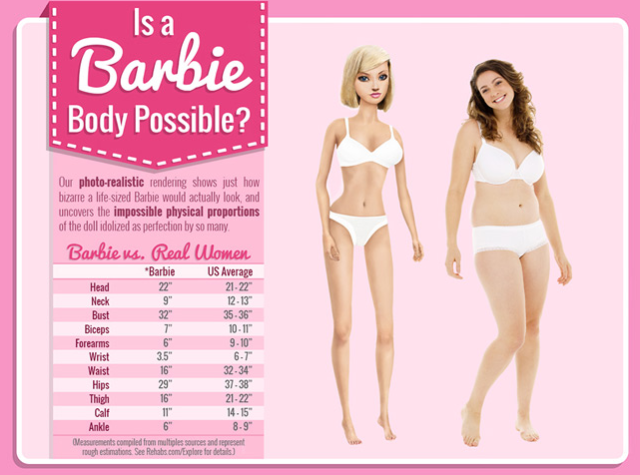

(In each image, the left is an actual Barbie and on the right is a version with average proportion.)
The latest in fad are the private area lightening products like wash, creams, oils and powder for women. Remember the lousy ad wherein a disinterested husband is busy reading the newspaper ignoring his wife apparently because of her dark privates? And then as the smart wife uses the smart product to turn her vulva shades lighter, the now-smart husband cannot keep his hands off her! Happy ending? No, we see a problem here. Since when did relationship problems start cropping between couples because of darker private parts? Its as absurd and gross as can be.
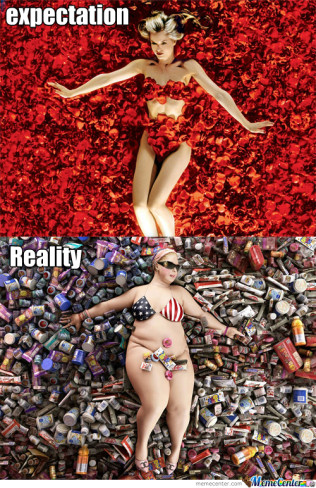
Consumers need to understand that the beautiful skin, glossy hair and long legs they see in the ads is more a result of digital alterations like airbrushing and obviously ‘photoshopping’, than the benefits of using the said product. The testimonials by celebrities about the effectiveness of their products even when they do not use it, is also falsely used. We have one celebrity vouching for each of the shampoos, hair-oils, deos, soaps and creams of all sorts. You really wanna believe Kareena has that much dandruff in her hair or Priyanka’s hair shines like a mirror because she uses a certain oil? Or worse, Yami is really as pink as a pig as is shown in her Fair and Lovely ads.
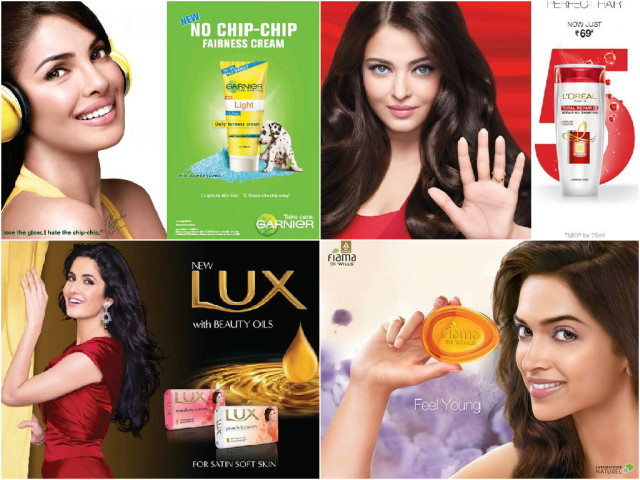
So, open your eyes folk and know that no cream will make you look 10 years younger than you are, no mascara will add a lush fringe around your eyes, no hair product will give you long luxurious hair and certainly no powder will make you ‘whiter’ in minutes for your date.
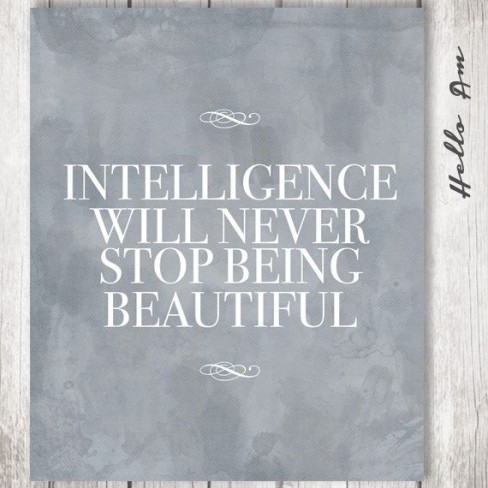
The task of these ads is not only to deprive us of critical thinking but also dictate us what to believe, what to think about ourselves and what to buy. The definition of beauty is ever-changing. What may be beauty for one may not be for the other. The idea to hold in our minds is that beauty is simplicity, originality and intelligence. Beauty is NOT Elle. Maybelline. Lakme. Meylon. L’Oreal. Collosal. Lotus. Miss Claire. Victoria’s Secret. Olay. Pears. Ponds. Pantene. Dove. Garnier. Sunsilk. Revlon. Lux. Mac. VLCC. Tresemme. Organix. Chanel. Dior. Nivea. Veet. Forever 21. Biba. Vera Moda. W. Zara. UCB. Mango. Lara Karen. Levis. Blah. Blah. Blah. These products and brands can certainly enhance(emphasis on enhance) your beauty, but they are not beauty itself. Beauty is YOU.
Right now Meghan Trainor’s lyrics from the song All About That Bass come to mind:
“I see the magazines working that Photoshop
We know that shit ain’t real
Come on now, make it stop…
…I know you think you’re fat,
But I’m here to tell you that,
Every inch of you is perfect from the bottom to the top”
Watch the short story, ‘Being Beautiful’ below to understand the true meaning of beauty… Because beauty is YOU.
By- Aakanksha Kumari


























